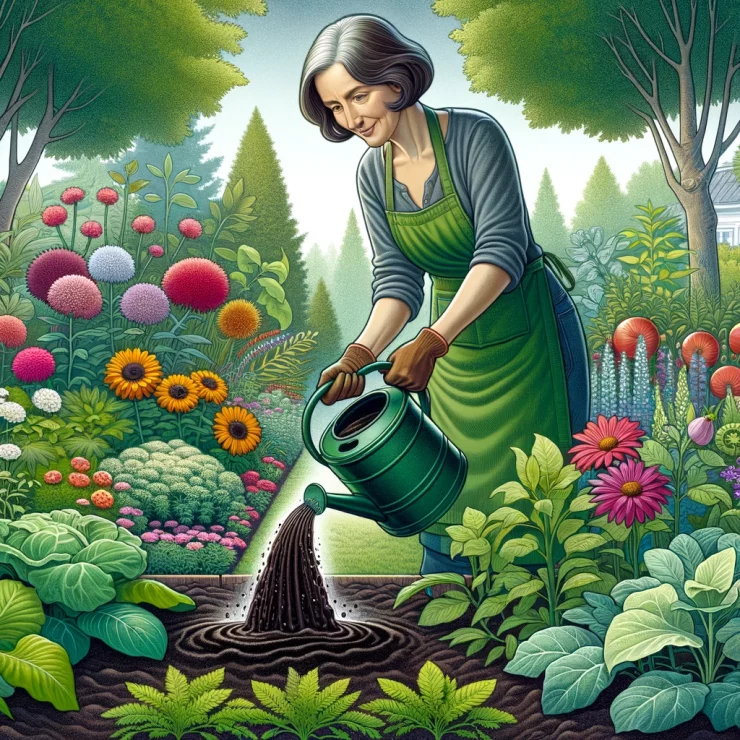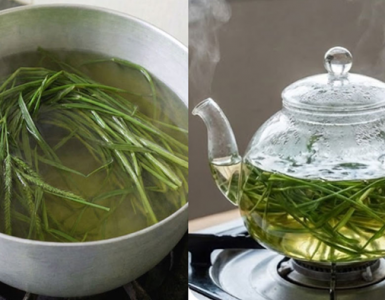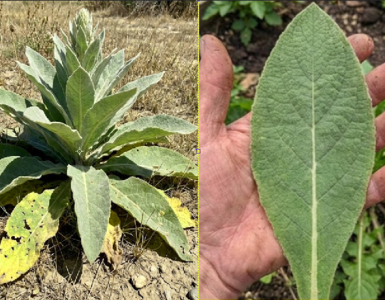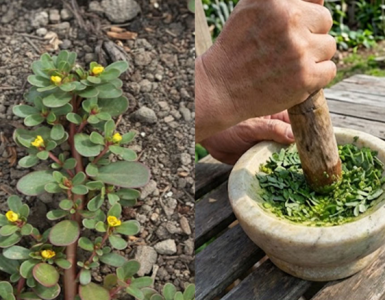In the realm of gardening, there exists a hidden gem that not only enriches the soil but also acts as a potent elixir for plant growth. Meet compost tea, the unsung hero of sustainable gardening practices. While its name might evoke images of a quaint afternoon tea party, this concoction is far from ordinary; it’s a powerhouse of nutrients that can transform your garden into a flourishing oasis. Let’s delve into the world of compost tea and uncover its secrets to cultivating vibrant, healthy plants without breaking the bank.
Compost tea is a liquid fertilizer brewed from steeping compost in water. It serves as a natural, nutrient-rich solution that nourishes plants and enhances soil health. Unlike chemical fertilizers, which can deplete soil quality over time, compost tea fosters a balanced ecosystem by promoting beneficial microorganisms that aid in nutrient uptake and disease resistance.
The Benefits of Compost Tea
1.Nutrient-Rich Boost
Compost tea delivers a diverse array of nutrients essential for plant growth, including nitrogen, phosphorus, potassium, and micronutrients. These nutrients are readily available in a form that plants can easily absorb, promoting robust development and abundant yields.
2.Soil Health
Healthy soil is the foundation of a thriving garden, and compost tea plays a vital role in soil enrichment. By introducing beneficial bacteria, fungi, and other microorganisms, compost tea enhances soil structure, improves water retention, and suppresses harmful pathogens, fostering a vibrant ecosystem beneath the surface.
3.Cost-Effective
One of the most attractive aspects of compost tea is its affordability. Made from recycled organic matter, it costs next to nothing to produce, making it an accessible option for gardeners of all budgets. Instead of splurging on expensive fertilizers, harness the power of compost tea to nourish your plants sustainably.
4.Environmentally Friendly
In an era where environmental consciousness is paramount, compost tea shines as an eco-friendly alternative to synthetic fertilizers. By utilizing organic waste materials to create a valuable resource for the garden, compost tea reduces reliance on chemical inputs and minimizes environmental impact.
Making compost tea is a straightforward process that requires minimal equipment. Here’s a simple recipe to get you started:
Gather Your Ingredients: You’ll need compost, water, and a container for brewing. Use high-quality compost rich in organic matter for optimal results.
Brewing: Fill a container (such as a bucket or a large barrel) with water, leaving some space at the top. Add a generous amount of compost to the water, aiming for a ratio of approximately one part compost to five parts water.
Aeration: To facilitate the growth of beneficial microorganisms, aerate the compost tea by stirring it vigorously or using an aquarium pump with an air stone. Aeration promotes microbial activity and prevents the mixture from becoming anaerobic.
Brewing Time: Allow the compost tea to steep for 24 to 48 hours, stirring occasionally to ensure thorough oxygenation. During this time, beneficial microorganisms multiply, enriching the tea with nutrients and beneficial microbes.
Strain and Apply: Once the brewing process is complete, strain the compost tea to remove any solid particles. Dilute the tea with water at a ratio of approximately 1:10 (compost tea to water) and apply it to the soil around your plants. For foliar application, use a spray bottle to mist the leaves.
Compost tea stands as a testament to the transformative power of organic gardening practices. By harnessing the inherent nutrients of compost and the microbial magic of beneficial microorganisms, gardeners can cultivate thriving plants while nurturing the health of the soil. Whether you’re a seasoned gardener or a novice enthusiast, incorporating compost tea into your gardening routine can yield bountiful harvests and contribute to a greener, more sustainable future. So, brew up a batch of compost tea, and watch your garden flourish with vitality and abundance, all at no cost to the environment or your wallet.






Add comment